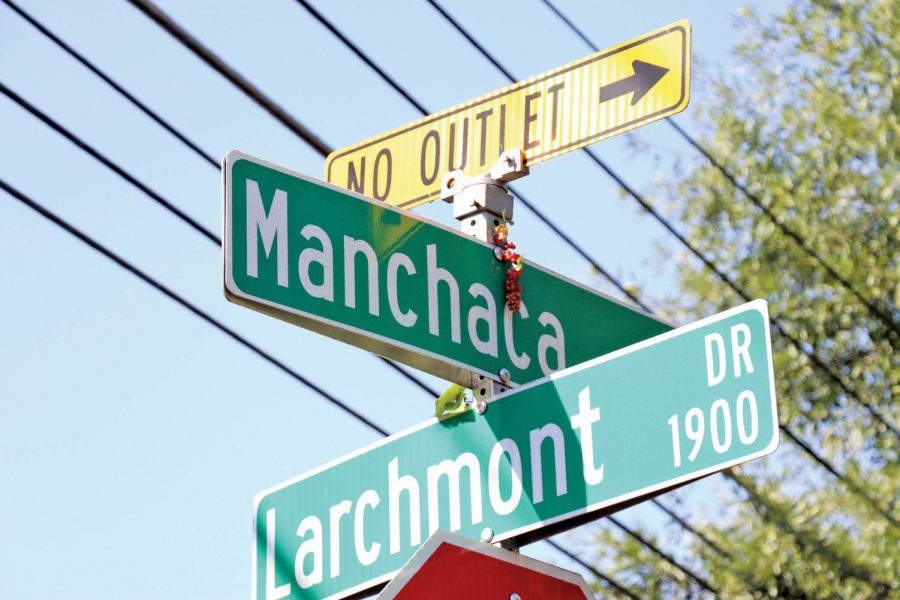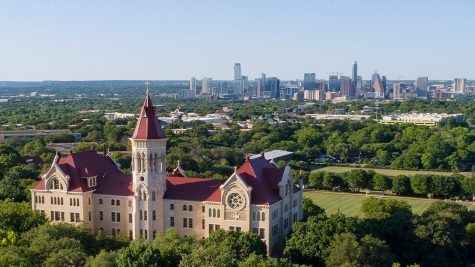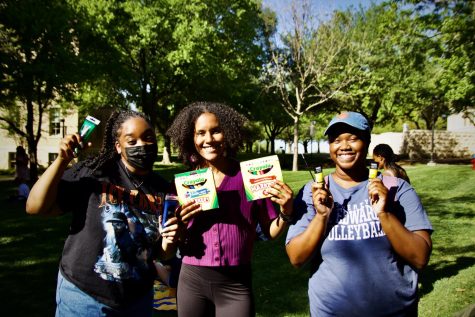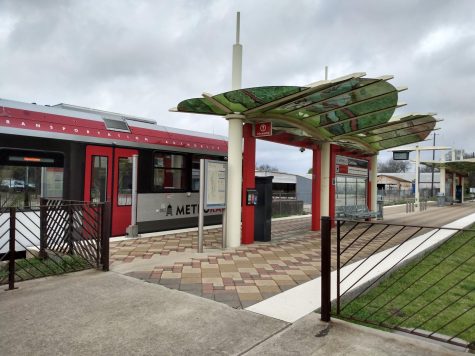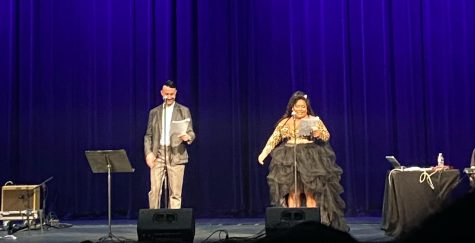Street should honor hero of color despite backlash from local businesses
Matthew San Martin / Hilltop Views
160 street signs in the city that include the incorrect name, to replace every sign will cost around $24,000. 33,000 residents that live on the street will also be required to change all of their personal records, such as driver’s licenses, voter registrations, property insurance and any legal documents.
Imagine you’re a soldier in the late 1800s. Not just any soldier either, one that has worked alongside some of the most famous names in Texas history such as James Bowie, David Crockett, and Gen. Sam Houston. You fight (and win) a few wars, get promoted to captain, help establish the cities of Austin and San Antonio, serving as a protector of south-central Texas on horseback for several years after your retirement then die peacefully in one of the cities you founded.
Years later, a few of the many people you’ve helped name a street after you in Austin. Now, imagine them spelling your name wrong, not fixing it for over 100 years and having locals reduce your name to a violent mispronunciation.
Surprise, you’re Cpt. José Antonio Menchaca, otherwise known as the namesake behind “man shack” road.
On Sep. 26, State District Judge Dustin Howell gave the Austin City Council the green light to formally rename Manchaca Road as Menchaca Road to reflect the proper spelling of the Tejano revolutionary.
However, this controversial name change didn’t happen without a fight.
Austin City Council approved the name change last October, but the process was halted by a lawsuit filed by a local activist group called, “Leave Manchaca Alone,” (LMA).
LMA is a non-profit association of property owners and businesses located on Manchaca Road. Their mission is to overturn the City’s “irresponsible and financially harmful,” renaming decision. The group encourages City Council to spend its time and resources on “more important issues,” such as affordable housing, transportation and public safety, according to a write-up on their website.
There are about 160 street signs in the city that include the incorrect name, to replace every sign will around $24,000. However, the cost of the new signs will be funded by a local activist group, “Justice for Menchaca,” (JFM), the campaign that originally advocated for the name change.
However, LMA states that costs don’t stop there.
Over 33,000 residents will eventually be required to change all of their personal records, such as driver’s licenses, voter registrations, property insurance and any legal documents.
Additionally, more than 1,500 businesses along the road need to pay for changes to their stationery, website modifications, local directories, government documents and trade licenses. This doesn’t include businesses that have the word “Manchaca” in their company names. Those businesses would have to additionally pay for changing roadside and building signage, marketing materials like brochures, uniform embroidery and advertising.
Whether you pronounce it “man shack,” “Manchaca” or any other variation of the street name, the correct spelling should read “Menchaca.” There’s no reason that all the great Texas revolutionaries like Crockett, Bowie and Houston could have their names honored with correct spelling, but Menchaca can’t due to inconveniences that happened over 100 years after the fact.
I think that JFM and other City Council representatives should not see this as any sort of victory. Rather, I think that this situation should serve as an embarrassing reminder that this could’ve been prevented anytime in the last century. It’s truly telling how we are able to honor the white Texas heroes correctly the first time, but when it comes to our heroes of color, the honor is met with protests and lawsuits … 100 years after the fact.
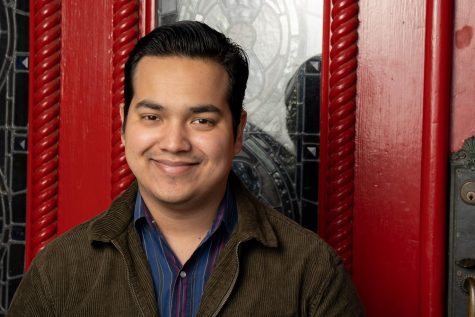
I'm Matthew San Martin - A senior Communication major with a focus in Digital Media and Journalism and Editor-in-Chief of Hilltop Views. I served as News...


